Pitra Paksha or Shradh is a very important part of the Hindu calendar. It is a 16 lunar days long period dedicated to the ancestors, offering homage to them by offering them food on the day of their demise. Commonly these days are called Shradhs derived from the word ‘shraddha’ which means immense admiration or devotion for something.
This fortnightly event starts from the first day i.e. Pratipada of Ashwin month that falls in September and ends on the Amavasya i.e. no moon day that is called Pitra Amavasya or Sarv Pitri Amavasya. Pitri paksha is immediately followed by Devi Paksha or Navratri.
Why do we perform Shradh
It is believed that the Lord of Pitri Lok, Yama release all the souls of ancestors to reside on the earth with their successors during Pitra Paksha. The families offer food and clothes to their ancestors according to their day of death during these days of Pitri Paksha. On the last day of these rites, i.e. on the day of Pitri Amavasya or the Sarv Pitri Amavasya, shardha for all the ancestors is performed so that if death day of any forefather is not known to the family then his offerings be done on this common day.
Who should Perform Shradh
The son, generally the eldest son of the family perform Shradh tarpan for the ancestors of the family. All sons can also perform Shradh. In case there is no son in the family, then the daughter, grandson, or the brother of the deceased can perform Shradh. Every deceased should be offered Shradh.
“Dos” during Pitra Paksha
- Pindadan should be done during Shradhs. It is offerings of rice, cow's milk, ghee in the form of a Pinda i.e. a rounded heap to the ancestors. it should be performed with complete devotion and whole-heartedly.
- Tarpan should be done by offering water with black sesame seeds to the Pitras for their appeasement.
- Brahmins should be offered food cooked with devotion along with donations.
- Special food made with milk like kheer is indispensable for Shradhs in Hindus. Curd should also be offered.
- Food should be offered in utensils made of bronze and copper as they are considered auspicious along with silver utensils.
- Food is also offered to God, crow, dogs, and cows.
- Only vegetarian food should be consumed during Shradhs. Some people even don’t eat garlic and onion during Shradhs.
- If for three consecutive years the Shradh Karma has not been done, then the dead gets vehement, so to calm them Tripindi Shradh is done.
- Offer water to the banyan tree regularly.
- Offer water to the rising Sun with sesame seeds.
- Perform the Pitr Dosh Nivaaran Puja
- Perform the Sarv Yoni Karmic Puja
“Don’ts” during Pitra Paksha
- Generally, the Shradh should not be performed during the transition period from one prahar (one-eighth of a day) to another, in the evening or at night and a time close to these times.
- Avoid using onion or garlic in the food prepared as offerings during Shradh.
- Avoid eating non-vegetarian food during Shradha.
- Do not purchase a new house, clothes, ornaments, utensils, or any other new thing for your house during Shradha as this period id not considered auspicious.
- Do not celebrate or perform anything auspicious during these times like a wedding, the celebration of a newborn baby, or house warming, etc.
- Postpone important things relating to documentations.
- Avoid constructing a house or new property.
- Do not go for a haircut.
Benefits of performing Shradh
Pitras get satisfied if Shradh is performed with devotion. They bless the family with Long-life, success, heaven, fame, nourishment, strength, riches, animals, happiness, wealth, and prosperity.












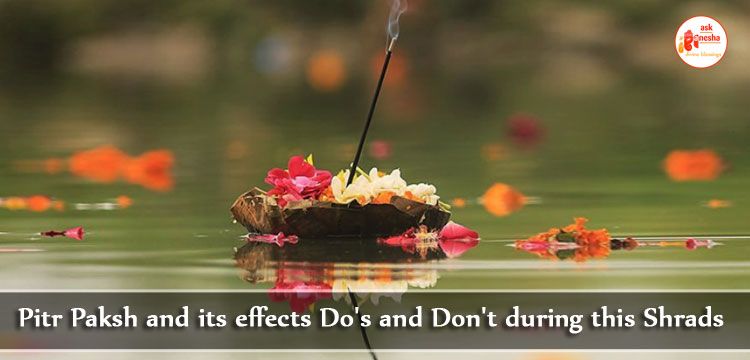
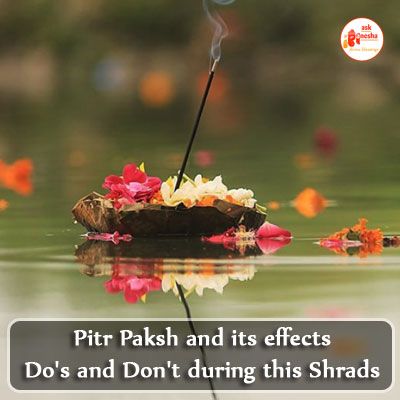
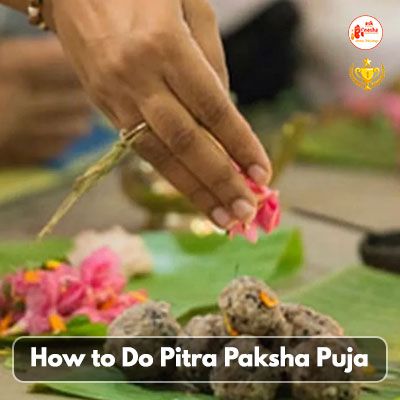
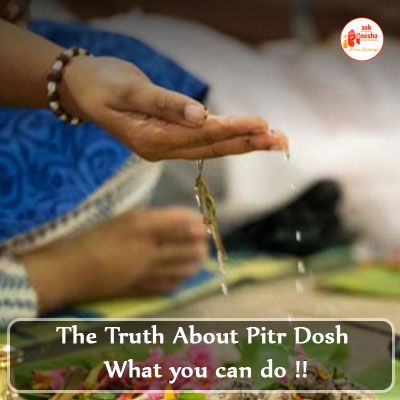
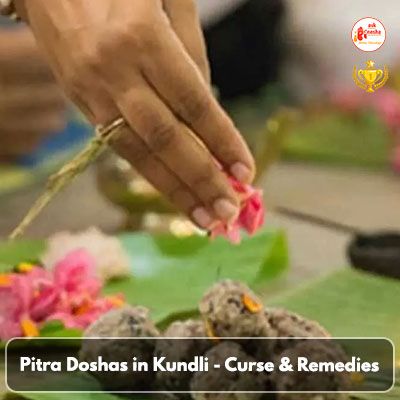
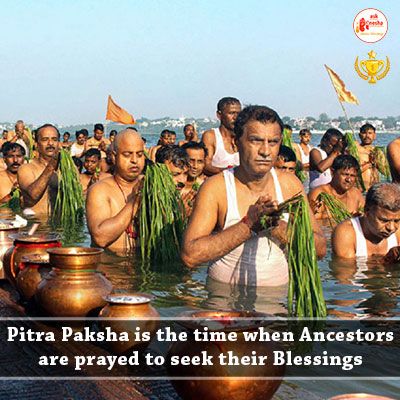

 Translate
Translate